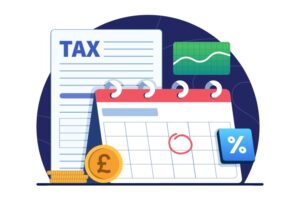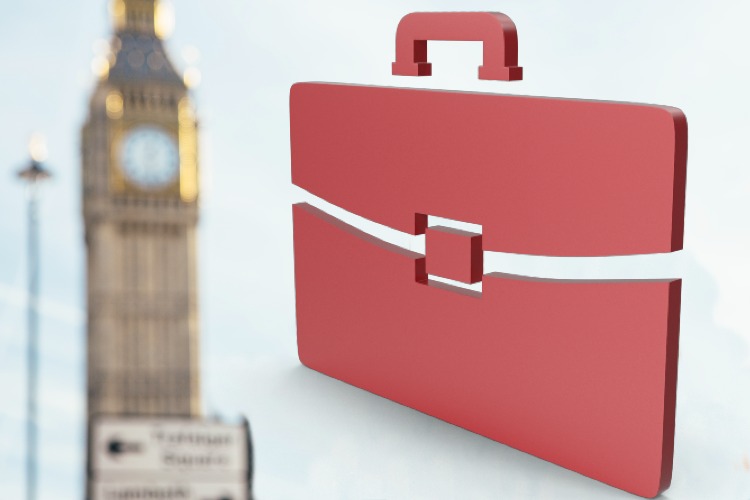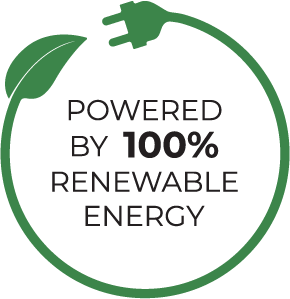There are various VAT schemes and methods available to calculate VAT.
The standard method is to account for VAT based on the dates of the invoices, so VAT could be payable to HMRC before you have received the monies from your customer, but conversely, VAT can be reclaimed on supplier invoices even though they have not been paid yet.
For some businesses, the Cash Accounting scheme can help address the potential cashflow that could result from using the standard method, paying VAT when the monies are received, but only claiming VAT back when suppliers have been paid. This is potentially more complex to administer, but accounting software can help.
For those with a turnover of £150,000 or less, the flat rate scheme may be of benefit. VAT is charged to customers at the standard rate of 20%, but, depending on the type of business, only a % is paid to HMRC. So, this could be say 14%. No VAT is reclaimable on expenses subject to certain rules regarding capital expenses costing over £2,000. There are rules to catch those businesses with “limited costs” preventing them from abusing the system. Each case needs to be considered individually and reviewed regularly to see whether or not it is still beneficial.
Annual VAT accounting means just one VAT return per annum needs to be filed, instead of the more usual quarterly returns. It does not mean one payment per year as well though. There are monthly payments and a balancing adjustment-which could be either a repayment or a further payment 2 months after the VAT period end.
The Margin scheme applies to some trades, where VAT is calculated solely on the profit. Second hand cars are a classic example. Detailed records need to be maintained though and very few software products handle the margin scheme as a matter of routine.
For retailers, there are VAT Retail schemes, where VAT is calculated on the sales, based on point-of-sale records, apportionment of purchases, or a direct calculation where sales frequency is relatively small and easily identifiable.
Which scheme do you use? Talk to us to explore these further.










